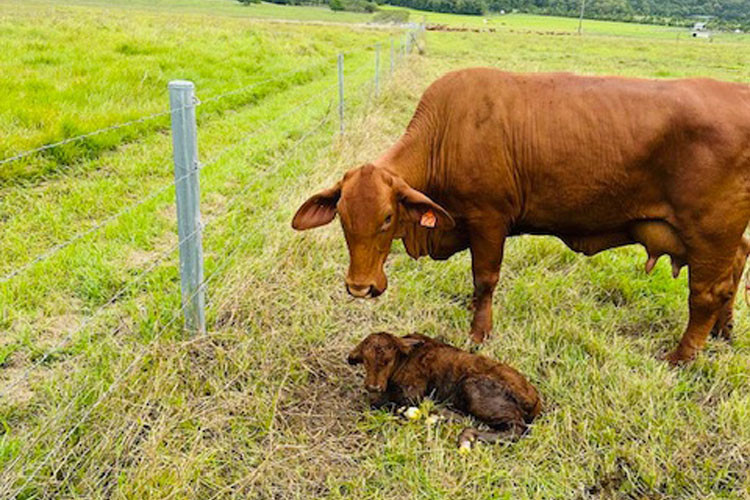Community
4 February, 2025
Farmer fears dingo kill
DINGOES have killed a prized rooster and some special ducks on a Douglas Shire farm.

Barney McBride of the Tara Hill Stud said he recently lost a valued pure-bred rooster to a wild dingo.
“This latest attack on our poultry occurred in broad daylight with traffic and humans only 20m away,” he told the Gazette.
“We have lost several domestically-bred Cayuga and Musgrave ducks and are down to about 10 per cent of the original flock of Cayugas.
“Our cows are due to calve and now we have a greater concern that the newborn calves may become a target for these four-legged predators, particularly if they hunt in packs.”
Mr McBride said he would be grateful if the dingoes were relocated away from people and valuable livestock, including “poor defenceless chickens and ducks”.
Homeless Animal Society and Boarding Kennels Inc treasurer Pauline Halsall said there was public talk of eliminating natural predators like dingoes and wild dogs.
“This raises significant concerns about the potential use of 1080 poison, a method that poses serious risks to local wildlife and the environment,” she said.
“Historically, dingoes and wild dogs served as natural regulators of rodent populations in sugar cane fields, contributing to a balanced ecosystem.
“However, as property owners decide to transition away from sugar cane and seek to diversify their agricultural practices, the perceived need to eliminate dingoes, wild dogs, and other natural pests becomes a pressing issue.
“This has led to discussions about reintroducing 1080 as a pest control method – an approach that warrants careful scrutiny.”
Ms Halsall said the belief that 1080 was a target-specific solution was a dangerous myth.
“Research indicates that the poison can indiscriminately harm various non-target species, leading to significant collateral damage among local wildlife,” she said.
“With evidence showing that up to 99 per cent of baits can be consumed by non-target animals, the environmental impact of 1080 could be devastating. This poses a severe risk to the delicate balance of Douglas Shire’s ecosystems, which property owners may inadvertently jeopardise.”
The council has been contacted about the attacks on Mr McBride’s farm.
Earlier this month the council installed temporary warning signs at the Port Douglas Sports Complex and permanent education signs would be erected as well.
“Residents and visitors are encouraged to visit (the) council’s website to learn about how to be dingo safe, Queensland laws and regulations, and community responsibility when it comes to dingoes,” he said.
A petition to save the dingoes by resident Rosie Wang has garnered 1322 signatures.
Read More: Port Douglas

